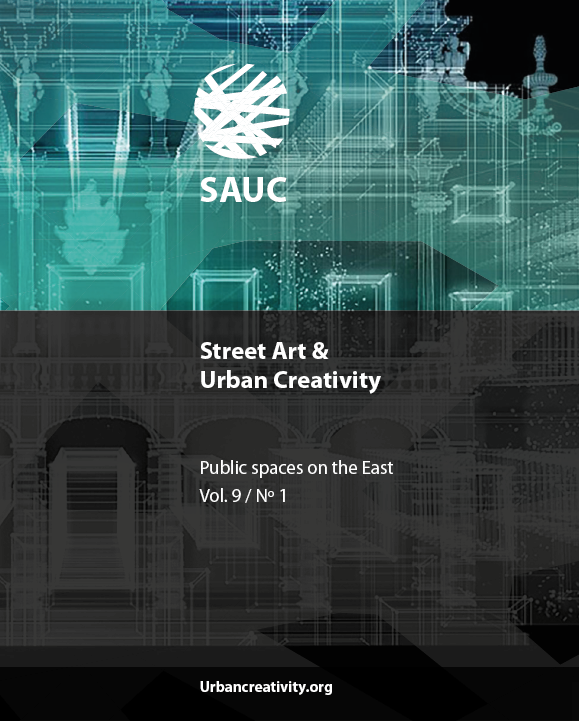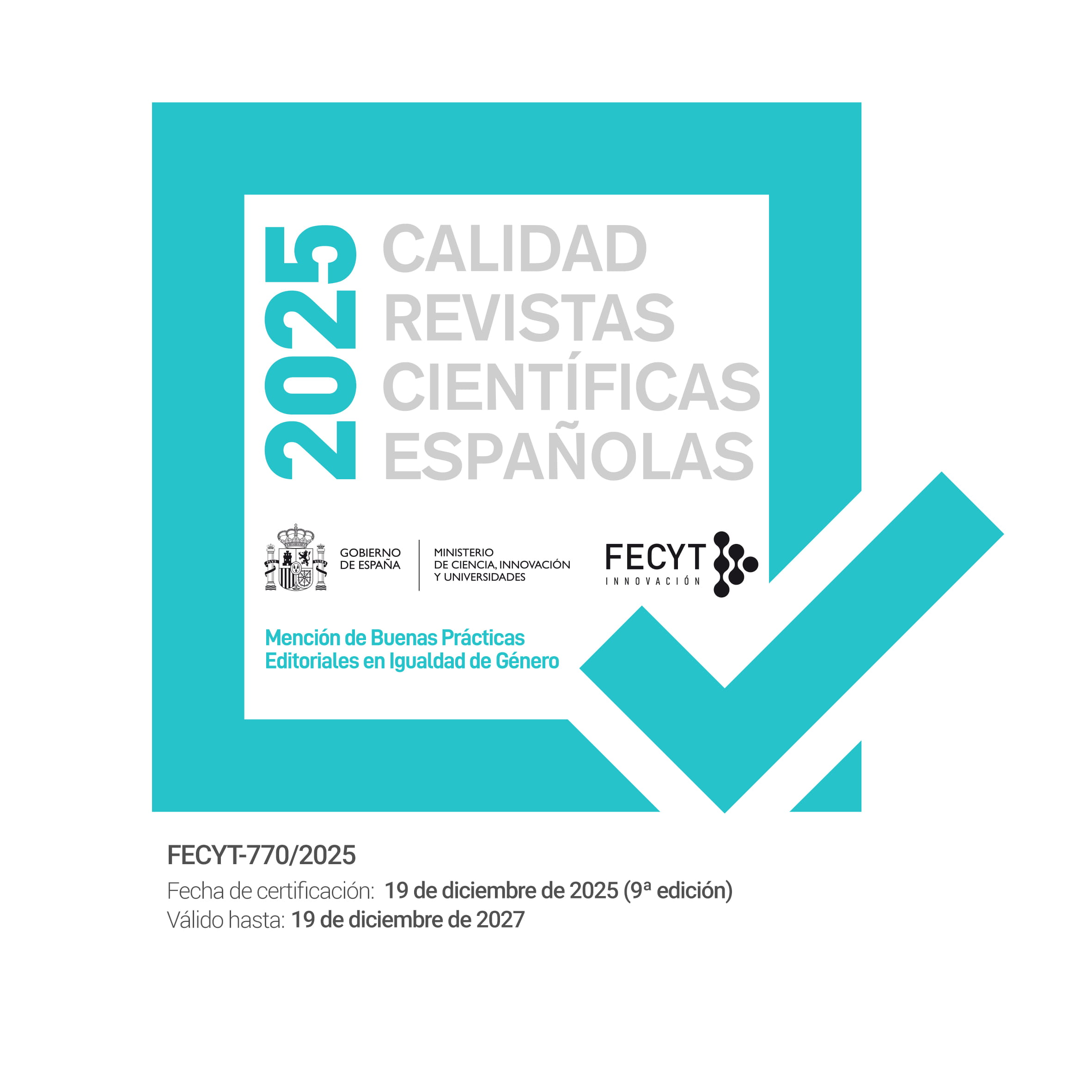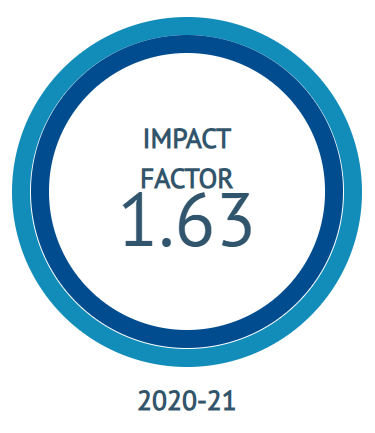Do the regulations for street music in Spain lead urban musicians to break the law?
DOI:
https://doi.org/10.25765/sauc.v9i1.668Keywords:
street music, illegal, job insecurity, tips, laws, amplificationAbstract
Do the regulations for street music in Spain lead urban musicians to break the law?
This study focuses on street musicians who sing or play musical instruments in a public space for donations/tips. Currently most of their needs are not covered in the laws relating to of street musicians in Spain, several cities do not have this profession regulated and in the localities that do, they prohibit amplification, the sale of their own music (CDs etc.), limit free movement and the instruments that they can use. These are rules that musicians must break in order to work, leaving the buskers who perform in a legal gap or limbo, without defense against the authorities.
This study addresses 3 parts: the first is an observational exercise from the perspective of the street musician which seeks to find out the basic needs of workers in their busking experience; the second area analyzes how the Spanish regulations behave based on the needs that these performers have; and the third element contrasts the personal view of the researcher with the opinions of other street musicians and groups found in the media.
Downloads
Global Statistics ℹ️
|
583
Views
|
520
Downloads
|
|
1103
Total
|
|
Downloads
Published
How to Cite
Issue
Section
License
Those authors who publish in this journal accept the following terms:
-
Authors retain copyright.
-
Authors transfer to the journal the right of first publication. The journal also owns the publishing rights.
-
All published contents are governed by an Attribution-NoDerivatives 4.0 International License.
Access the informative version and legal text of the license. By virtue of this, third parties are allowed to use what is published as long as they mention the authorship of the work and the first publication in this journal. If you transform the material, you may not distribute the modified work. -
Authors may make other independent and additional contractual arrangements for non-exclusive distribution of the version of the article published in this journal (e.g., inclusion in an institutional repository or publication in a book) as long as they clearly indicate that the work was first published in this journal.
- Authors are allowed and recommended to publish their work on the Internet (for example on institutional and personal websites), following the publication of, and referencing the journal, as this could lead to constructive exchanges and a more extensive and quick circulation of published works (see The Effect of Open Access).














